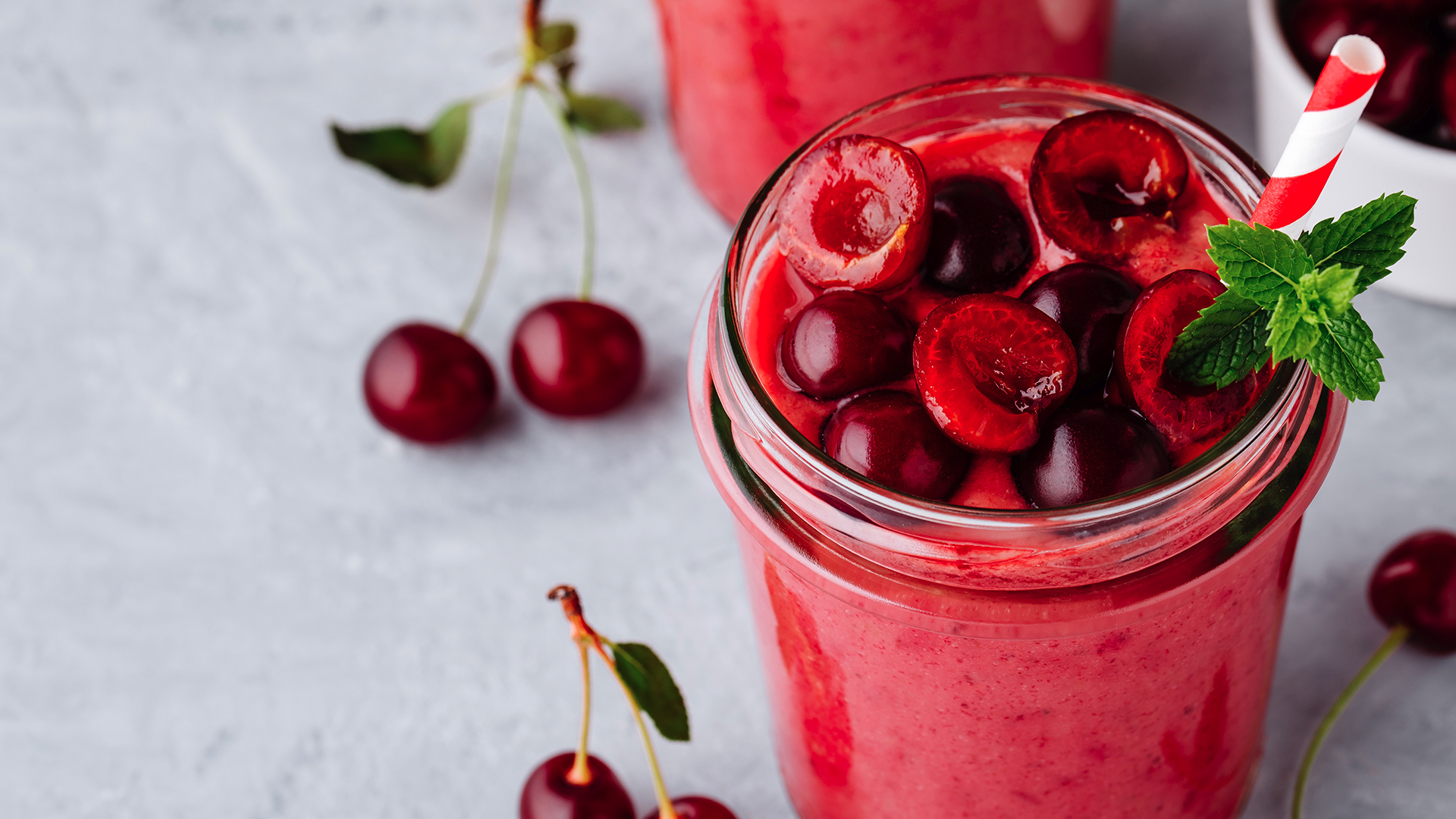Chronic heartburn, also known as chronic acid reflux, is a lifelong condition in which the acidic contents of your stomach leak back up into your esophagus. While it’s normal to experience heartburn from time to time, chronic heartburn usually occurs more than twice a week for several weeks in a row and is not alleviated by antacids or heartburn medications. Chronic heartburn is usually caused by a weakened or damaged lower esophageal sphincter (LES), which no longer fully closes to prevent food from moving into the esophagus after consumption. Symptoms beyond a burning sensation in your throat can include feeling like there is food caught in your throat, or trouble swallowing.
What Are Some Common Triggers Of Chronic Heartburn?
If you suffer from chronic heartburn, it is important to eat a healthy diet that removes trigger foods from your meal planning. By keeping a food diary, you can manage and track triggers that can help you identify which foods you need to stay away from. The most common culprits include:
- Fatty & fried foods.
- Caffeine.
- Chocolate.
- Peppermint.
- Spicy foods.
- Carbonated beverages.
- Tomato products like sauces.
- Citrus fruits or drinks (orange juice/apple juice).
- Alcoholic beverages like wine, beer, and liquor.
When it comes to chronic heartburn treatment, medications like antacids and proton pump inhibitors may be prescribed, but the best course of action is often making lifestyle changes in what foods you eat in order to control and manage your symptoms.
8 Foods That Are Great for Digestion & Chronic Heartburn
While none of the foods in the list below will cure your chronic heartburn, they can go a long way in soothing your symptoms and make eating food an enjoyable experience again.
- Oatmeal: as a whole grain, this breakfast stable contains soluble fiber, which absorbs stomach acid and soothes the digestive tract. The great thing with oatmeal is that it doesn’t have to just be eaten for breakfast, as it works as a dinner option as well and can be swapped for other whole grain choices like whole-grain rice, and breads.
- Lean Meats: if you enjoy eating meat, it is important to swap out fatty meat options with lean meats. Unfortunately, fatty meats will increase stomach acid production and may worsen your chronic heartburn symptoms. Leaner cuts of meat like chicken, turkey, fish, and sea-food reduce the risk of chronic heartburn flare-ups. Plus, these leaner cuts can be grilled, baked, poached, or broiled and included in a variety of dishes.
- Vegetables: not only are vegetables low in fat and in sugar, they have a higher alkaline content to them, which can help neutralize stomach acidity. You want to choose green vegetables like spinach, kale, broccoli, asparagus, green beans, and cucumbers. Root vegetables like sweet potatoes, carrots, and beets are also fantastic options. You may also want to look at legumes, which include lentils, peas, and beans as these are low in fat, high in nutrients, have no cholesterol, and are a great substitute for meat.
- Ginger: ginger is a natural digestive aid that can help relieve chronic heartburn by relieving irritation in the digestive tract. Plus, it has anti-inflammatory properties, and can be grated or sliced as a topping on certain dishes, or ground into smoothies. Another option is to purchase ginger tea.
- Non-Citrus Based Fruits: if you’re really keen on eating fruit, choose non-citrus based options like bananas, apples, pears, peaches, and melons. The less acid you are consuming, the less likely you’ll experience heartburn.
- Yogurt: if you enjoy consuming yogurt, find yogurt that is high in probiotics, as this can help improve your overall gut health. The healthier your gut, the more likely it is you can avoid chronic heartburn symptoms. Just make sure to choose low-fat options or non-dairy options.
- Healthy Fats: when cutting out fatty meats from your diet, you need to consider replacement options that give you the healthy fat that your heart and brain needs in order to function. Choose options like avocado, olive oil, and nut butter, but eat them in moderation.
- Nuts & Seeds: if you’re looking for snacking food, consider almonds, pumpkin seeds, and pistachios. These are all high in magnesium and monounsaturated fats, which can help absorb some of your stomach acid.
Beyond creating a diet plan with the above-listed foods, make sure that you’re maintaining a healthy weight, drinking plenty of water throughout the day, eating slowly, avoiding wearing tight clothing when eating, and remaining upright after eating for at least 2 hours. It is also recommended that you don’t eat 3-4 hours before bed, as laying down can cause severe chronic heartburn symptoms. If you are struggling to control your chronic heartburn, talk with your doctor about additional treatment options.
Recent Posts
Three Ways to Deal with Heartburn
Heartburn Treatment Options Heartburn can be a difficult, painful, and distracting condition. Anyone who has experienced heartburn can understand the extreme discomfort and pain associated [...]
Does Obesity Run In Your Family?
Rare Genetic Variants May Be Causing Your Obesity Does obesity seem to run in your family? Have you struggled with your weight your entire life? [...]
Treatment for Type 2 Diabetes and Chronic Kidney Disease
Do You Have Chronic Kidney Disease? Metformin is a type of medication that is commonly used for patients with type 2 diabetes. It helps control [...]



